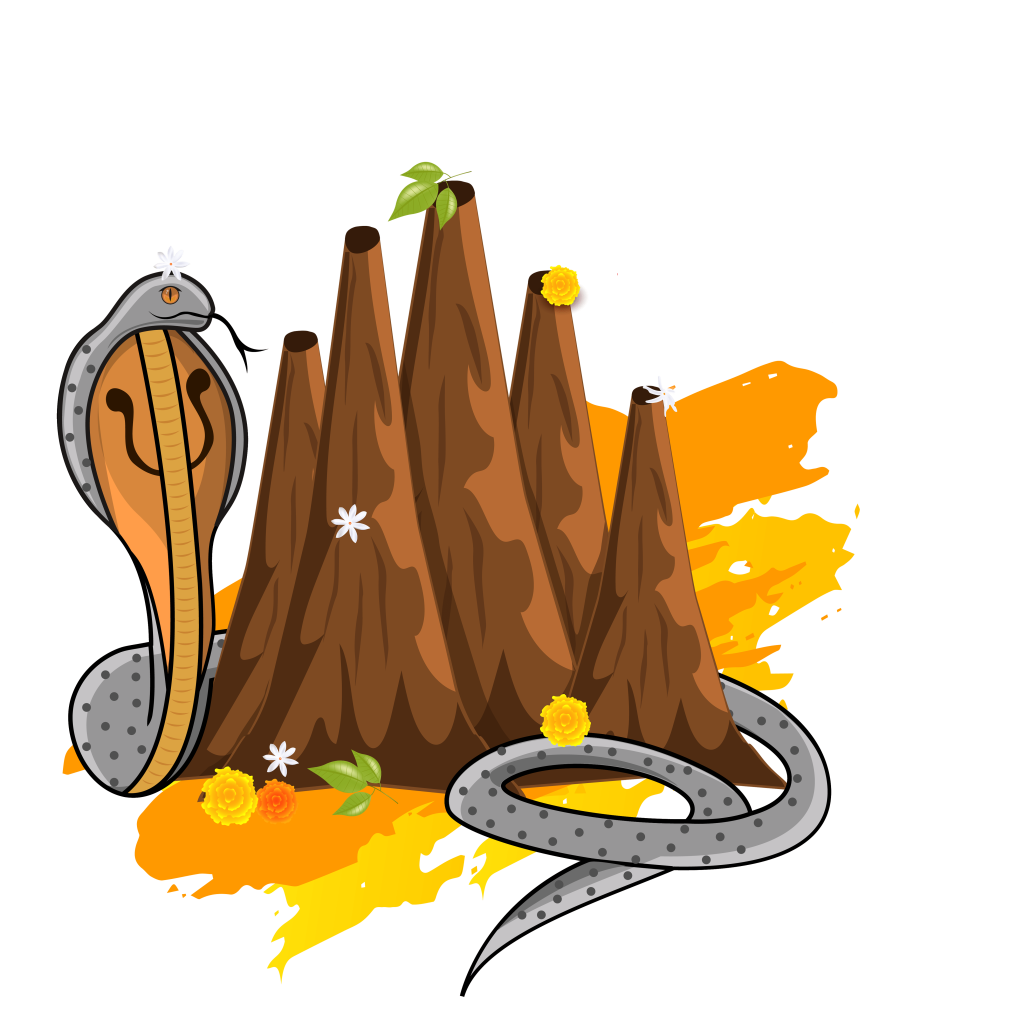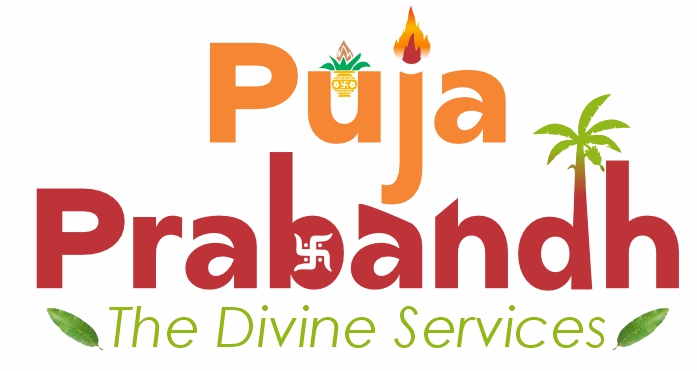
Nagula Chavithi Puja is a traditional Hindu festival celebrated primarily in the Telangana and Andhra Pradesh regions, dedicated to the worship of Nag Devata (Serpent God) for the protection and well-being of family members. It is observed on the fourth day of the bright half (Shukla Paksha) of the Kartika month (usually in November). This day is significant for seeking blessings from the serpent gods for prosperity, health, and protection from evil influences.
The festival holds particular importance for married women, as it is believed that offering prayers to Nag Devata will protect their families from illnesses and dangers. The ritual is performed to prevent the ill effects of serpent-related doshas (flaws or negative energy) and to ensure the welfare of the household. It is also observed for the long life of husbands, children, and other family members.
The puja begins with the cleaning of the house and setting up a sacred space, usually near a water body, as serpents are believed to reside in water and soil. A Nag idol, often made of clay or silver, is placed on the altar. Devotees also place small stones, sacred herbs, and coconuts around the idol.
The key offerings during Nagula Chavithi include milk, water, flowers, fruits, coconut, and sesame seeds. Puja thali (worship plate) is prepared with a lamp, kumkum, rice, and turmeric. Mantras and prayers dedicated to Nag Devata are chanted, invoking the serpent god’s blessings for protection and peace.
Devotees offer Arati after the prayers, and prasadam (sacred food) is distributed among the family members and the community. Special foods like puran poli (sweet flatbread) are often prepared as offerings.
Nagula Chavithi Puja is an occasion for family unity, protection, and prosperity, as well as a time to express gratitude for the blessings of Nag Devata.

